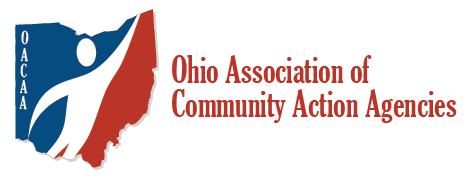Grant writing is the process of requesting funds from various sources, typically through a competition that requires submission of an application or proposal. Nonprofit organizations rely on this form of fundraising to support programs, agency operations or other financial needs. Grants are especially popular because they are considered “free money” by many in the industry, which leads some to believe grants will solve problems. If an organization had a great grant writer who was successful in bringing in additional funds, wouldn’t that increase the organization’s viability? Effective grant writers who are successful in securing grants are valuable to an organization, though the role should not be viewed as one that works to obtain funding from any available source.
Grant funds do not solve operational or programmatic issues, and they are not “free.” Awarded grants come with many strings attached. Spending requirements, timelines, expected deliverables, specific partnership requirements, reporting, and many more requirements can, in some cases, cause the funding to prevent a program’s success.
To be an effective grant writer, the first step is to have clarity on the mission of the organization, the resources currently available, and knowledge of where gaps exist. The most successful proposals will demonstrate how new financial resources will fill these critical gaps and help the organization to further its mission. Funders are not in the business of giving out money; rather, they are investing in your ability to achieve impact.
Secondly, grant writers cannot be expected to work in isolation. Proposals require articulating the organization’s qualifications and plan for effectively implementing grant activities. The best way for grant writers to achieve this is in a collaborative environment between the writer and those responsible for operating the agency and programs. If a grant proposal includes a deliverable, it is imperative those who are responsible for administering the grant funds are, not only aware of the requirements proposed but also believe they are achievable.
Finally, writing is less important than relationship building. Applications will be more successful when there is a relationship between the funder and the grantee. It should be noted that none of these suggestions have anything to do with writing ability or secrets to winning grants. Grant writing should be thought of as a continuous, agency-wide responsibility that requires guidance, support, and collaboration.
Josh has over a decade of experience in organizational development and planning. He is a Certified ROMA trainer, Technology of Participation (ToP) certified strategic planner and facilitates board training and poverty simulations. Josh has presented organizational sustainability at local, regional, and national conferences. He is a graduate of the University of Wisconsin Madison’s School of Human Ecology where focused his studies on financial literacy and consumer education. As the Development Director, Josh is responsible for creating new partnerships with community organizations, other social services providers, government entities, corporation and potential funders. He is also responsible for funding research, grant writing, and program design and evaluation.
